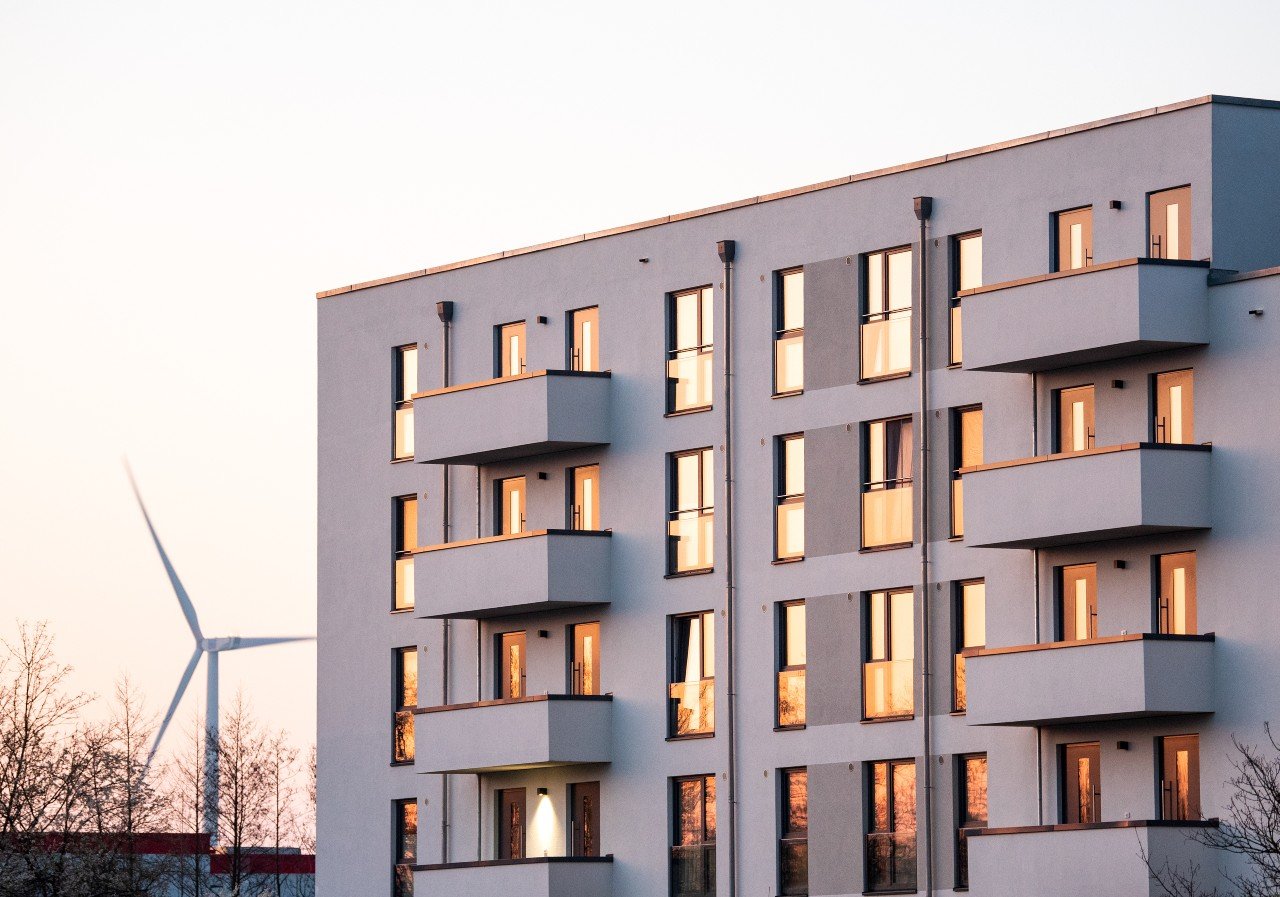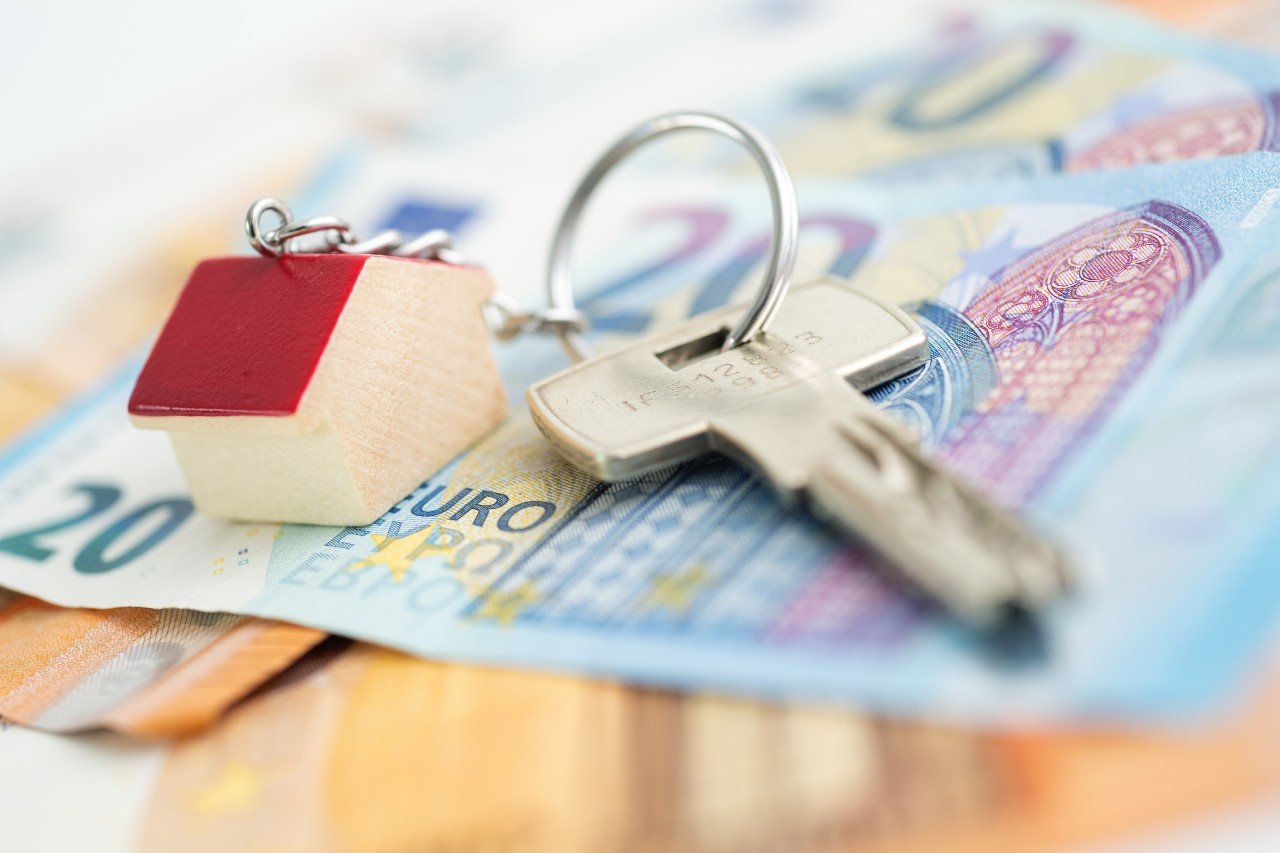What’s happening?
Last year the Constitutional Court ruled the Grundsteuer (property/land tax) obsolete and gave the government until the end of 2019 to come up with a new way of calculating the tax for Germany's 36 million properties.
On Friday the Bundestag paved the way for reform with an amendment to the Basic Law.
As put forward by Finance Minister Olaf Scholz, of the centre-left Social Democrats, the tax will now be calculated according to land value and rent, which means 36 million properties and houses have to be revalued.
However, due to pressure from the state of Bavaria, there will be a clause that means states can introduce their own regulations.
Here's the background and who has to pay it:
What exactly is the Grundsteuer and do I have to pay it?
It’s the tax on the ownership of land and buildings. And almost all of us pay it, either directly or indirectly. The tax is levied on everyone who owns a property. But even if you are a tenant, you still probably pay, as landlords almost always pass the cost onto tenants in the form of Nebenkosten (supplementary costs) in their contract.
One tax expert told mortgage specialists Hypofriend that property tax for an 80 square meter apartment in Berlin (Altbau, located in a 1,500 square meter property and in good condition) amounts to €260 per year.
Research by the Institute for the German Economy shows that the Grundsteuer on a typical apartment is €299 each year.
Owners of whole apartment buildings often have to pay four-digit amounts.
READ ALSO: The words you need to know before renting a flat in Germany
Why is it important?
For local governments, property tax is one of the biggest sources of income. It makes up 15 percent of their tax revenue, contributing to the building of community facilities such as roads and swimming pools. According to the Federal Statistical Office, revenue from property tax last year totalled €14.2 billion – all going to local governments.
How is the tax currently calculated?
How much you pay depends on the assessed value of the property, the property tax rate and the assessment rate set by the local government where you live. Germany has 11,000 local municipalities, so there are lots of variations on the typical amounts that people have to pay.
For houses with the same basic tax rating for example, the final tax due could end up being €100 in one municipality and €1000 in another.
READ ALSO: Germany's top court just made a landmark ruling that affects us all
Why does it have to be changed anyway?
There's been debate for years about the fairness of the tax. Why? Well, the tax is based on an estimate of the value of a property which is seriously out of date.
Properties were last valued for the tax in west Germany in 1964 and in east Germany in 1935. So when your local Finanzamt calculates the tax, they are doing so based on the value of your property over half a century ago.
It's fair to say the value of homes has changed somewhat since then. For instance an apartment that was stuck next to the Berlin Wall in 1964 could now be in one of the trendiest neighbourhoods in Germany.
It's been on the agenda with the government for a while. A majority of states even suggested a new way of assessing the tax back in 2016.
 Homes in Stuttgart, Baden-Württemberg. Photo: DPA
Homes in Stuttgart, Baden-Württemberg. Photo: DPA
The proposal back then prescribed that property value would be replaced by a calculation based upon size of property, location, transport connections and cost of build.
But both Bavaria and Hamburg blocked the change, fearing that it would lead to a rise in taxes for their residents.
How will the tax be calculated in the future?
This will depend on the state where you live. Finance Minister Scholz wants a general rule that will see the value of the land and the average rent play a role in the calculation.
At the same time, however, there is to be an opening clause in the bill which will allow individual states to introduce their own regulations. Bavaria, for example, wants to use only the size of the property for the calculation. No matter which model a federal state chooses, the local governments still have the last word on assessment rates.
Will anyone have to pay more – or less – tax?
This is hard to predict. Scholz has said that the “good news” for taxpayers is that overall there won't be higher rates.
But it is likely that, in individual cases, some people will have to pay more than before, and others less. The details are hard to predict because of the varying collection rates by local governments and how they will be adjusted after the change.
Which model is best for residents in Germany?
This is controversial. With the Scholz model, all houses and undeveloped land would have to be regularly revalued. This is not only costly and time-consuming for local authorities, but as property values and rents continue to rise, the property tax would automatically increase.
But the model proposed by Bavaria also has disadvantages: a farm in the north-east of Bavaria would have to pay just as much tax as a property of the same size but much more valuable in the centre of Munich. Many consider this unfair.
SEE ALSO: How Berlin's housing crisis leaves women vulnerable to sexual predators
What happens next?
Despite criticism, especially from the Free-Democrats, the Bundestag has voted for the reform.
Once the new law has passed through the Bundesrat too, which is considered certain as the details of the reform have been agreed with the federal states, the government will have a transition period to carry out the assessments necessary to start levying the tax accordingly, with plans to launch the new tax in 2025.
Those five years are needed because it will take some time to reassess all of the country's some 36 million properties.
What does reform mean for tenants?
People who live in locations where rent has gone up significantly in recent years, such as large cities, may have to pay more because the average rents in locations is to play a role in how to calculate property tax.
However, the German Tenants' Association wants the property tax removed from costs that tenants have to pay so that they no longer have to pay it.







 Please whitelist us to continue reading.
Please whitelist us to continue reading.
Member comments